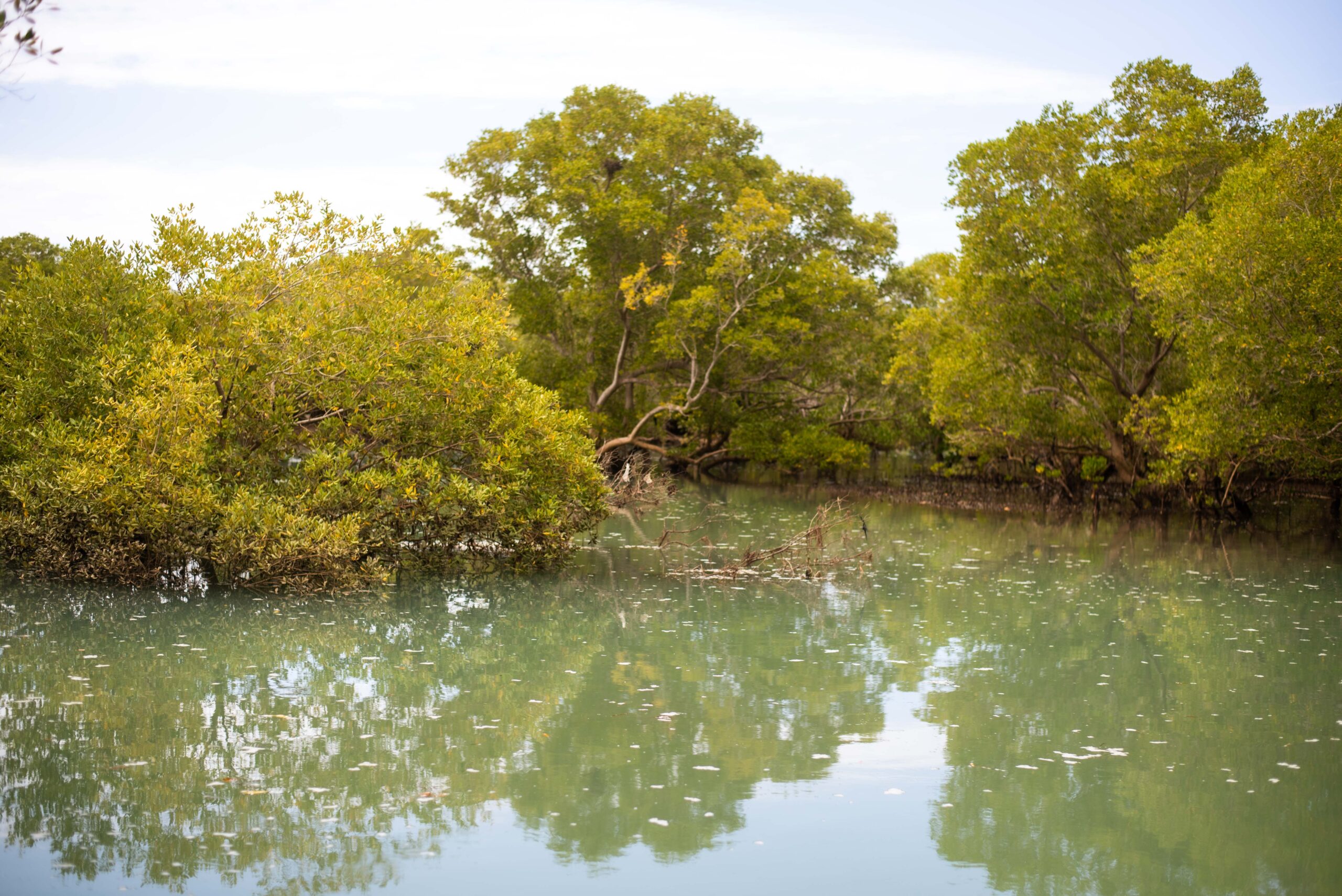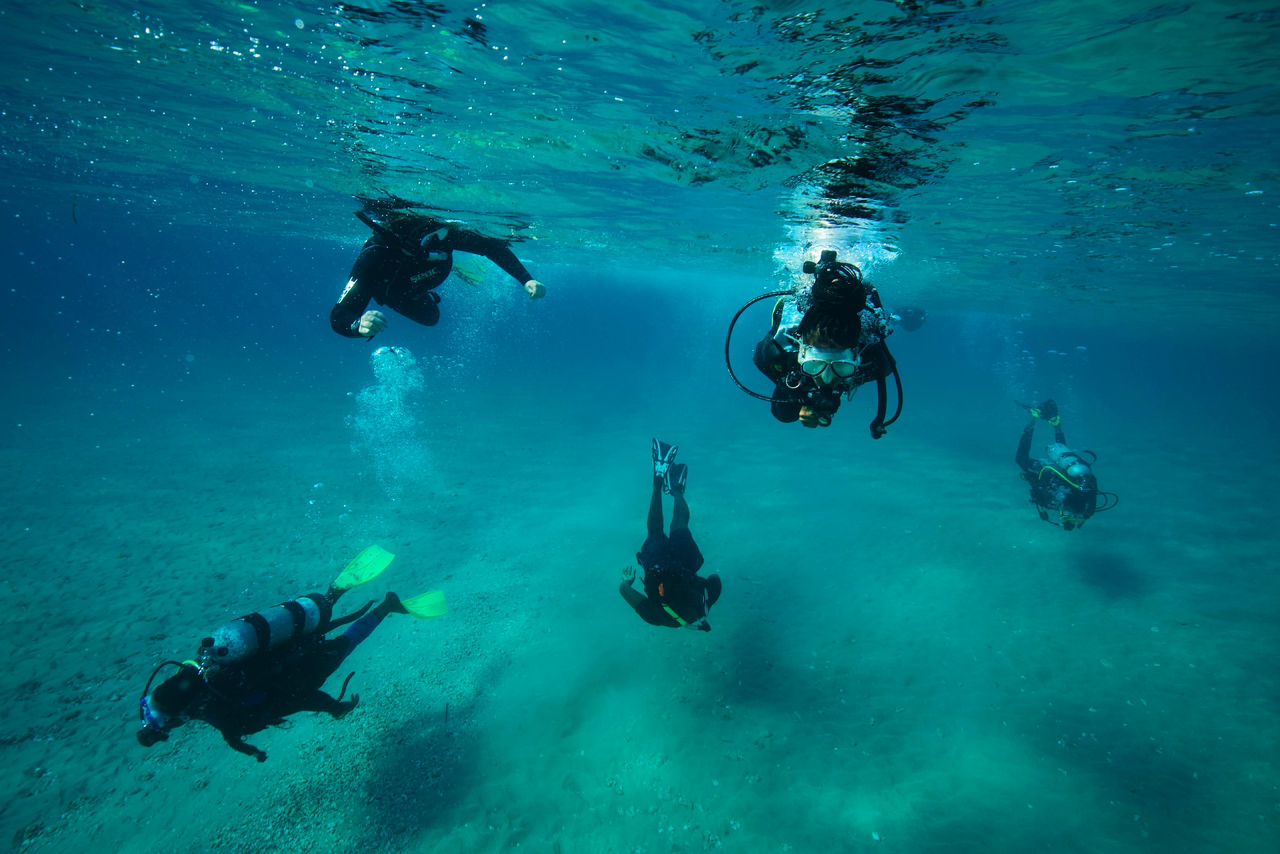You can never protect what you can’t see
The vast, blue expanse of our oceans holds secrets, wonders, and challenges that many of us can scarcely imagine. Yet, these waters that cover over 70% of our planet are facing unprecedented threats. From plastic pollution to overfishing, from climate change to habitat destruction, our oceans are in peril. This is where marine conservation comes into play, but conservation efforts can only be truly effective when coupled with strong, strategic communication.
What we don’t say about The Ocean’s Silent Struggle!
Imagine trying to protect something that most people never see. That’s the challenge facing our marine conservation efforts every day. The ocean’s problems often occur far from shore, hidden beneath the waves. Unlike deforestation or air pollution, which can be visibly apparent, the degradation of marine ecosystems often happens out of sight, having so many things contributing to it both on land and in waters.

This is where communication becomes our periscope, allowing us to bring the underwater world to the surface of public consciousness.
Bridging the Knowledge Gap
Many people have limited understanding of marine ecosystems and their importance. Did you know that oceans produce over half of the world’s oxygen? Or that they absorb 50 times more carbon dioxide than our atmosphere? These facts might surprise many, highlighting the crucial role of effective science communication.
We are continuously tasked to translate complex scientific concepts into relatable stories that can help people understand why healthy oceans matter to everyone, not just coastal communities.
Inspiring Action Through Emotion
While facts are important, research shows that emotions drive action. Some studies found that images of conservation actions increased feelings of hope and self-efficacy among viewers, while images of threats increased fear but reduced self-efficacy.
This insight is powerful. It suggests that by carefully choosing our visual messaging, we can inspire positive emotions that motivate people to take action rather than feeling overwhelmed by the scale of the problem.
From Awareness to Action
Awareness is just the first step. The ultimate goal of marine conservation communication is to inspire action. This could range from simple lifestyle changes like reducing plastic use to practicing sustainable fishing practices or participating in local conservation efforts.
Effective communication strategies focus on empowering individuals. Small actions can make a difference and by providing clear, actionable steps, that transform awareness into tangible conservation outcomes.

The Role of Storytelling
Humans are hardwired for stories. A well-crafted narrative can make complex issues relatable and memorable. For instance, the story of a sea turtle’s journey from hatching to adulthood, facing numerous human-made obstacles along the way, can be far more impactful than statistics alone. This is why initiatives like our Tanzania Divelab aim at bringing together a diversity of people from storytelling, marine science, cinematography and more, creating a harmonious blend of skills and efforts for the better future of marine conservation and the blue space as a whole.

Overcoming Challenges
Despite its importance, marine conservation communication faces several challenges. These include:
Combating misinformation
Maintaining public interest in long-term issues
Balancing hope with the urgency of the situation
Reaching diverse audiences with tailored messaging
Overcoming these challenges requires a strategic approach, continual learning, and adaptation of communication techniques.
What does it mean for the future of marine comms?
As our understanding of both marine ecosystems and human psychology grows, so too does our ability to communicate effectively about ocean conservation. Emerging technologies like virtual reality (VR) we started incorporating into our AFO’s communication with support from NEWF have exposed the communities we work with to allow them to virtually ‘visit’ coral reefs or deep-sea habitats, creating powerful emotional connections to these environments.
The future of marine conservation depends not only on scientific advancements, but on our ability to communicate the importance of healthy oceans to every person on the planet. After all, whether we live by the coast or in a landlocked area, the health of our oceans affects us all.
Remember, communication is not just an add-on to marine conservation efforts, it’s an essential component. As Jacques Cousteau (dedicated environmentalist, ocean conservationist and founder of Cousteau Society) once said, “People protect what they love.”
Powerful communication helps more people fall in love with our blue planet and join the crucial fight to protect it.

Javis Bashabula
Communications & Knowledge Management Lead - AFO
